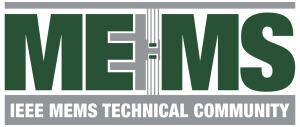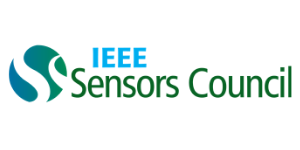Dr. Bart received the B.S., M.S., and Ph.D. degrees from the Massachusetts Institute of Technology, Cambridge, Massachusetts. He did his doctoral research with Professors Senturia and Lang on analysis and design of the first microfabricated electrostatic motors and pumps. After his PhD work, Dr. Bart joined Analog Devices, Inc., where he designed the MEMS sensor in the well-known Analog Devices, Inc. ADXL150 family of airbag accelerometers, which has over 500 million sensors in the field. From 1996 to 2002 he held several positions at Coventor, Inc., a developer of physical design tools for MEMS systems. Dr. Bart returned to Analog Devices as a Senior Product Development Leader, working on inertial MEMS sensors for the commercial marketplace. Dr. Bart then joined MKS Instruments to develop high-performance, vacuum absolute-pressure sensors for semiconductor and industrial applications. Today, Dr. Bart leads the Advanced Technology group at TDK-Invensense where he is developing advanced gas sensors, ultrasonic and acoustic sensors and advanced machine learning and circuit architectures. Dr. Bart’s research interests include the design, modeling, and simulation of complex MEMS systems and Machine Learning methods for sensor data fusion. Dr. Bart holds 9 patents in the microsystems area.
Organizer Type: Sensors in Industrial Practices
James Brusey is a Professor of Computer Science with the Centre for Data Science at Coventry University, leading on AI for Cyberphysical Systems. His current research is in Machine Learning, Reinforcement Learning, and applied wireless networked sensing.
He provides thought leadership to the virtualisation framework for the EU H2020 DOMUS project (involving Fiat (CRF), Toyota (TME), and Volvo) that aims to revolutionise thermal comfort systems for electric vehicles.
James Brusey received his PhD from RMIT University in 2003. He has over 15 year’s experience in the IT industry, part of which was as an independent consultant. He has taught research methods to all levels of researchers around the world and teaches practical courses in wireless sensing and Internet of Things to postgraduate students. He is well published and cited, has graduated 20 PhD students, and received 25 grants with a total value of £35mil. His professorship was awarded in 2018.











